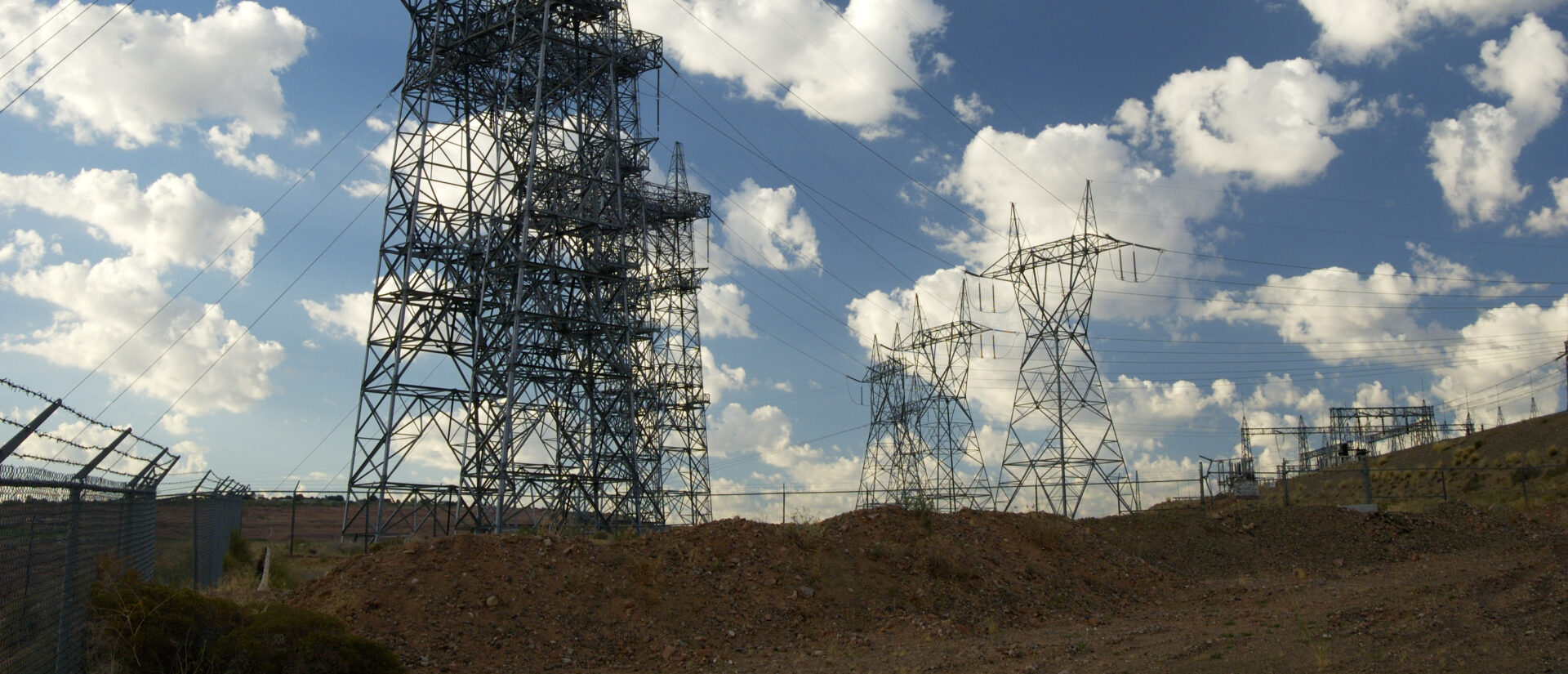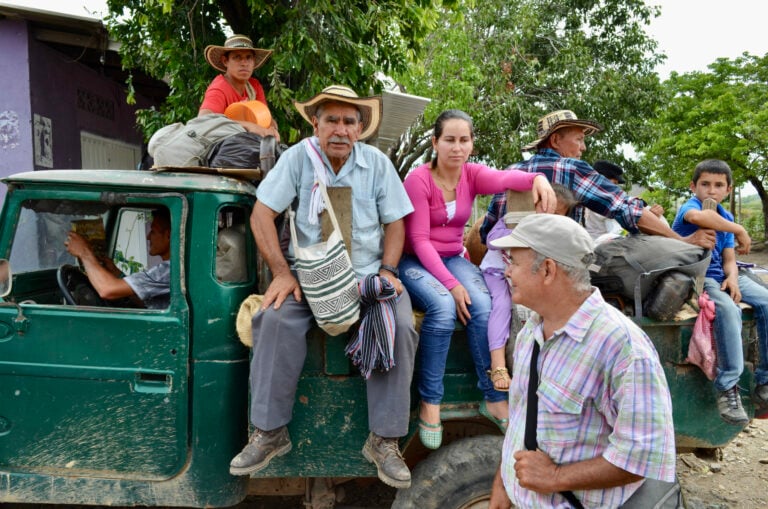
Green energy in the Netherlands can become more sustainable
In spite of nice publicity campaigns full of green promises, the Dutch electricity sector does not perform very well in terms of sustainability. Price busters such as Oxxio and large producers such as RWE/Essent and E.ON pretend to be greener than they really are. Their investments in new coal-fired power stations promise little improvement. Only a few suppliers, for example Windunie, Greenchoice, NHEC and Eneco, can rightfully claim to be sustainable. These are the most important conclusions of research carried out by SOMO and commissioned by Greenpeace and Consumentenbond (Dutch Consumer’s Association).
For the fifth successive year, SOMO and Greenpeace carried out research on the sustainability of the Dutch electricity sector. This year, the research was also commissioned by Consumentenbond, and did not only include the seven largest suppliers, but a total of 22 companies – from Eneco to Oxxio, and from Atoomstroom to Windunie. The ranking of power suppliers published by Consumentenbond and Greenpeace in February 2012 is based on these results.
The first part of the research was on the sustainability of current production or sourcing of electricity. According to senior researcher Joseph Wilde-Ramsing of SOMO, “only 10% of all energy produced in the Netherlands in 2010 was green.” He adds that it is more interesting to know the companies’ future plans. “It is relatively easy to assess current production and supply by energy companies, but consumers do not know anything about investments, and these are an indication of the future sustainability of these companies.”
Hypocritical
Striking examples of companies that invest in energy that pollutes are RWE/Essent, E.ON and Vattenfall/Nuon. These giants focus on increasing their capacity in fossil fuels in the Netherlands and Germany, and on nuclear energy. “Our research does not go into their advertisements”, says Joseph Wilde-Ramsing, “but you can call them hypocritical for presenting themselves as ‘green’.”
On the other hand, companies such as Eneco and Dong Energy, a relatively unknown company in the Netherlands, perform quite well. Almost all Dong investments are directed at producing wind power.
Green certificates
The research also examined suppliers’ sourcing policy and the use of Green Certificates, officially called ‘Certificates of Origin’. Sustainable energy producers can trade these certificates to finance new investments. Joseph Wilde-Ramsing explains that this system means well, but does not work out well in practice.
“In Norway, almost all electricity is generated by hydropower. Norwegian producers can sell their certificates to energy suppliers in the Netherlands. Price busters such as Oxxio claim they deliver green electricity, in fact buy dirty electricity on the market and market it as ‘green’ by presenting cheap certificates from hydro-electric power stations in Norway.
Suppliers were asked whether they really buy sustainably generated energy or whether they just use Green Certificates to market it as sustainable. According to the researcher, “very few suppliers have direct contracts with green producers. The majority buy average Dutch energy, which is only 10% sustainable, or prefer not to disclose where they buy their energy. This means that ‘green’ in the Netherlands is mainly restricted to the use of certificates.”
Real sustainability
Dutch consumers who want to buy real sustainable energy, are better off buying from suppliers that give a real contribution to sustainable energy production. Windunie only produces, supplies and invests in wind capacity. Greenchoice contributes to new green capacity by using renewable sources of electricity. NHEC buys all its electricity from a small biomass power station.
Joseph Wilde-Ramsing calls on authorities, especially the Dutch, to develop a new system to stimulate green investments. “In terms of green capacity, we are still lagging behind other European countries. The governments of the United Kingdom and Germany do much more to stimulate sustainable energy. Maybe a small densely populated country has less potential than Germany or Norway, but the Dutch government and producers have many opportunities to improve the situation, for example, by promoting the use of offshore wind turbines and solar panels.”
Related news
-
Overconsumption of transition minerals will cost us the earthPosted in category:Opinion
 Alejandro GonzálezPublished on:
Alejandro GonzálezPublished on: Alejandro González
Alejandro González -

-


